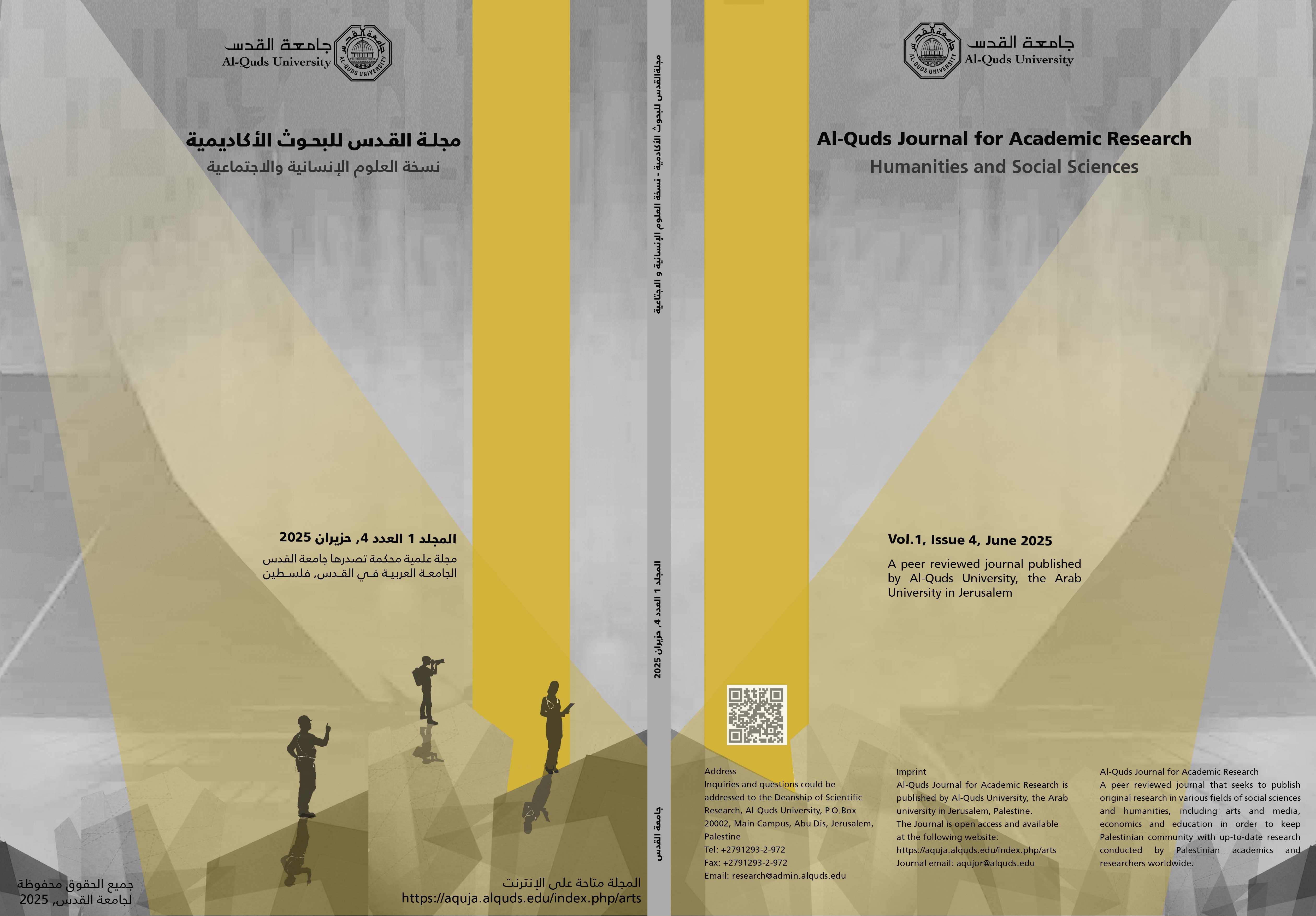From the Interpretation of Memory to a Critique of the Representations of the Intellectual and the leader: Ibrahim Nasrallah’s novel The Time of White Horses as a model
Keywords:
Sémiotics of culture, memory, criticism, social experience, intellectual, leaderAbstract
Through this study, we attempt to approach the novel The Time of the White Horses by Ibrahim Nasrallah, through several bets, including ensuring the suitability of the semiotic-cultural approach to reading narratives of culture and memory within the context of social experience. Then the cognitive and critical value of cultural interpretation, in addition to the function of memory in securing the needs of the present and future and benefiting from the mistakes of the past. Perhaps the reader of this study will come to know the importance of memory in enabling knowledge of the past, and the importance of interpretation as a critical tool that reveals the defects of memory on the one hand, and then exposes the defects of the social experience of individuals and groups on the other hand. It must be noted that the interpretation of memory will not be qualified to criticize memory and social experience if it is not linked to the narrative representation that makes memory represented in an artistic plot that gives it its meaning, since the meaning is in the text and not outside it. Then, on the other hand, it is revealed that the novel criticized the social experience of the intellectual and leader, an experience preserved in the memory of the Palestinian people. The reason behind the novel’s criticism of these two parties is that they are able to move the social situation positively or negatively according to their value and moral convictions. Thus, the novel, as it narrates memory, gives a counter-memory that preserves the right to remember, provides knowledge of the past to justify the failure of the Palestinian resistance, and draws lessons that help in not repeating the mistakes of the past.

